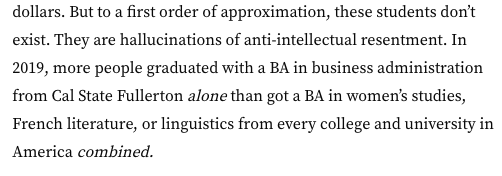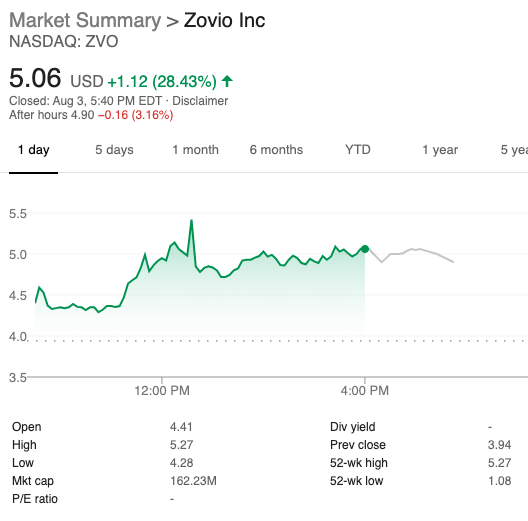
VP, @NewAmericaEd. Words: @NYTimes, @Washingtonpost, @TheAtlantic, @Voxdotcom, @WIRED, @TIME, @Slate, etc. I've made my mind a sunless space.
2 subscribers
How to get URL link on X (Twitter) App





 2/ Also, the problem with "free college" i.e. "replace current tuition revenue with federal subsidies" is that takes the existing grossly unequal distribution of resources as a given.
2/ Also, the problem with "free college" i.e. "replace current tuition revenue with federal subsidies" is that takes the existing grossly unequal distribution of resources as a given. 

https://twitter.com/kevincarey1/status/14099341141872640072/ Back in 2007, 2U paid $107 million for a South African company called GetSmarter, which partners with many of the very same universities currently on the edX platform.



https://twitter.com/rkylesmith/status/13399129414418391042/ Smith begins by critiquing Dr. Biden as "not scholarly" for not considering whether money spent on student retention would be better spent on...anything else. That's idiotic. All research has context!



https://twitter.com/kevincarey1/status/1290412977556992000?s=202/ In a press release yesterday, @UArizona said it will "acquire the assets of Ashford University."



 2/ Perman is offering an economic view of higher education from inside the industry. He understands that colleges get tuition and public subsidies for one overwhelming reason: only colleges can grant degrees that lead to good jobs.
2/ Perman is offering an economic view of higher education from inside the industry. He understands that colleges get tuition and public subsidies for one overwhelming reason: only colleges can grant degrees that lead to good jobs.